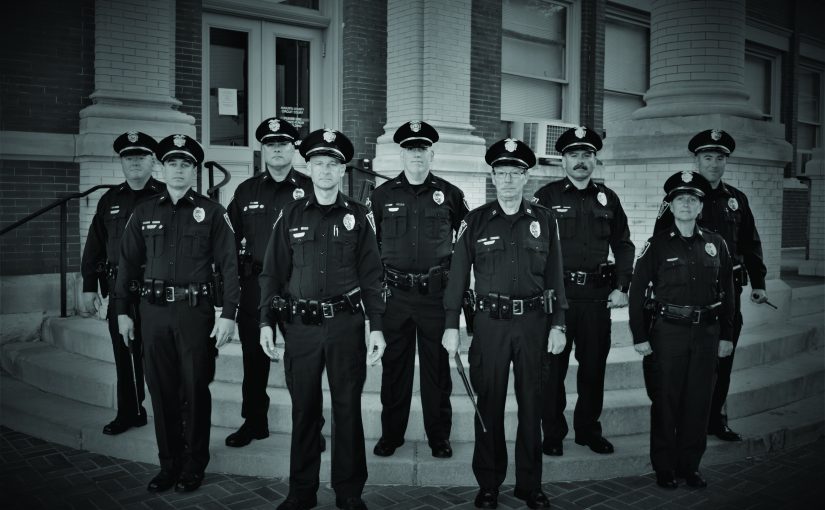
The role of a police chief is among the most important and visible in any community. The events of the past several years have certainly demonstrated how crucial it is to have competent, highly skilled leaders in charge of police agencies, although city managers, mayors, and other hiring authorities have long realized how valuable it is to have an effective police chief. While the average longevity of police chiefs has been estimated to be approximately seven years, the fact remains that some chiefs serve for less time and others have considerably longer tenures.1 However long a chief serves a community, they should strive to leave a positive legacy. The following strategies can help police chiefs ensure that they leave behind a meaningful and lasting legacy.
Begin with the end in mind.
In order to leave a lasting legacy in a department, the first thing that a police chief should do is to actually consider what they desire their legacy to be. If possible, a police chief should reflect on how they will impact their agency from their very first day on the job. To borrow from oft-cited, proverbial wisdom, “Nobody plans to fail. They just fail to plan.” Police chiefs need to make a concerted effort at planning how they want their agencies to succeed in their communities. This can be done by establishing concrete goals and objectives and then measuring the agency’s progress over time. Strategic planning can also be helpful in assisting a police chief to determine the future direction of the agency.


